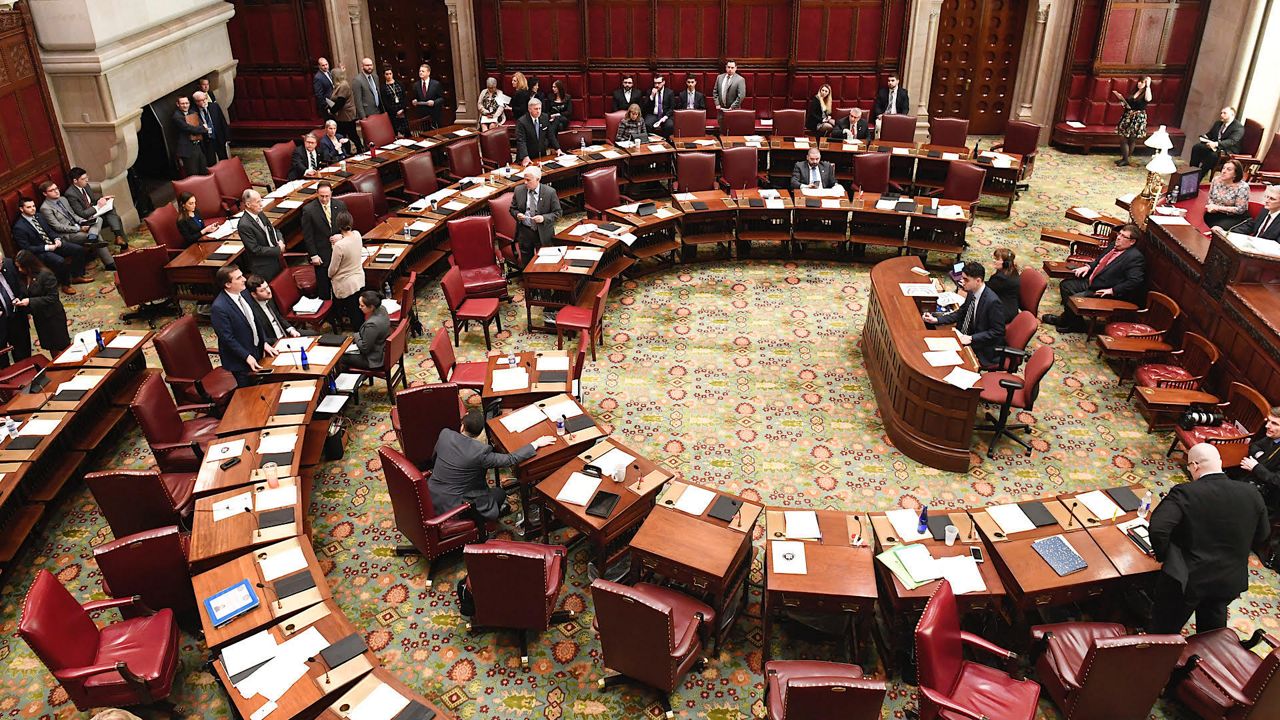Links, Domain Authority, SEO PR…What Does It All Mean?
We recently published a Public Relations Dictionary with many definitions of commonly used terms mostly in the classic or traditional PR realm. While many of those words and expressions are also thrown about when it comes to Digital PR, we thought it may be beneficial to also compile a list of industry terms more specific for our click craving friends.
Content Marketing: The creation and sharing of valuable content — typically online, but not exclusively — as a marketing program. Content forms can include words (blog posts, articles, etc.), images, audio and video, and must provide value to the audience.
Digital PR: Using public relations (PR) strategies and tactics in digital marketing. Pretty much anything you are going to do in marketing today.
Domain Authority: Domain Authority or DA is a metric created by the SEO software company MOZ to demonstrate how likely a website is to rank on a Search Engine Results Page (SERP) on a scale of 1 to 100. It is not a score from Google (or any other search engine) and does not actually affect a website’s rank, but it is a metric that can be used to determine SEO effectiveness over time and versus competitors. DA is also often used by Digital PRs as a factor when creating media lists and target outlets.
Domain Rating: Similar to DA (above) Domain Rating is a metric created by Ahref to show the strength of a website’s backlink profile in regards to quality and quantity.
Guest Post: When an author writes (or contributes) a blog post (sometimes referred to as an article) for a website (blog, news site, etc.) that they do not own. The purpose of the guest post is to share valuable content, reach a new audience, earn a link, and/or drive credibility.
Keywords: The words or phrases that an organization wants to show up for in search engine query results.
Link Building: The specific act of trying to create links (see below) to a website. Most commonly to increase the SEO value of a website.
Links: Links, or often referred to as backlinks, are references from one website to another that can be clicked on to send the users to that site. Links are a significant ranking factor for SEO. There are several types of links, the most common are regular or do-follow, and no-follow (with the subgroups of sponsored and UGC (user-generated content). For more see Moz’s Types of Links in SEO.
Nofollow: a specific type of link (or technically a link attribute) that tells Google to not pass any PageRank or SEO value from one webpage to another.
Page Authority: Similar to Domain Authority but specifically focused on a specific page within a website, not the domain as a whole. While many SEOs and PR professionals consider DA when analyzing link and mention opportunities, note that specific pages of websites show up (or rank) in SERPs, not domains.
Search Engine Optimization (SEO): SEO is the strategies and tactics to have a website perform well in organic search engines (i.e. Google and Bing). SEO is based on how the website is built, the content on the website and search authority signals (inbound links, references and citations).
SEO PR: The use of public relations (PR) methods with the primary purpose of improving search engine optimization (SEO) results.
SERP or Search Engine Results Page: This is the results page of a Google (or other search engines) query. Typically the goal is to have your website or webpage show up for search terms you would like to be associated with. Typically the higher on the page a result is, the more likely it is to be clicked on.









